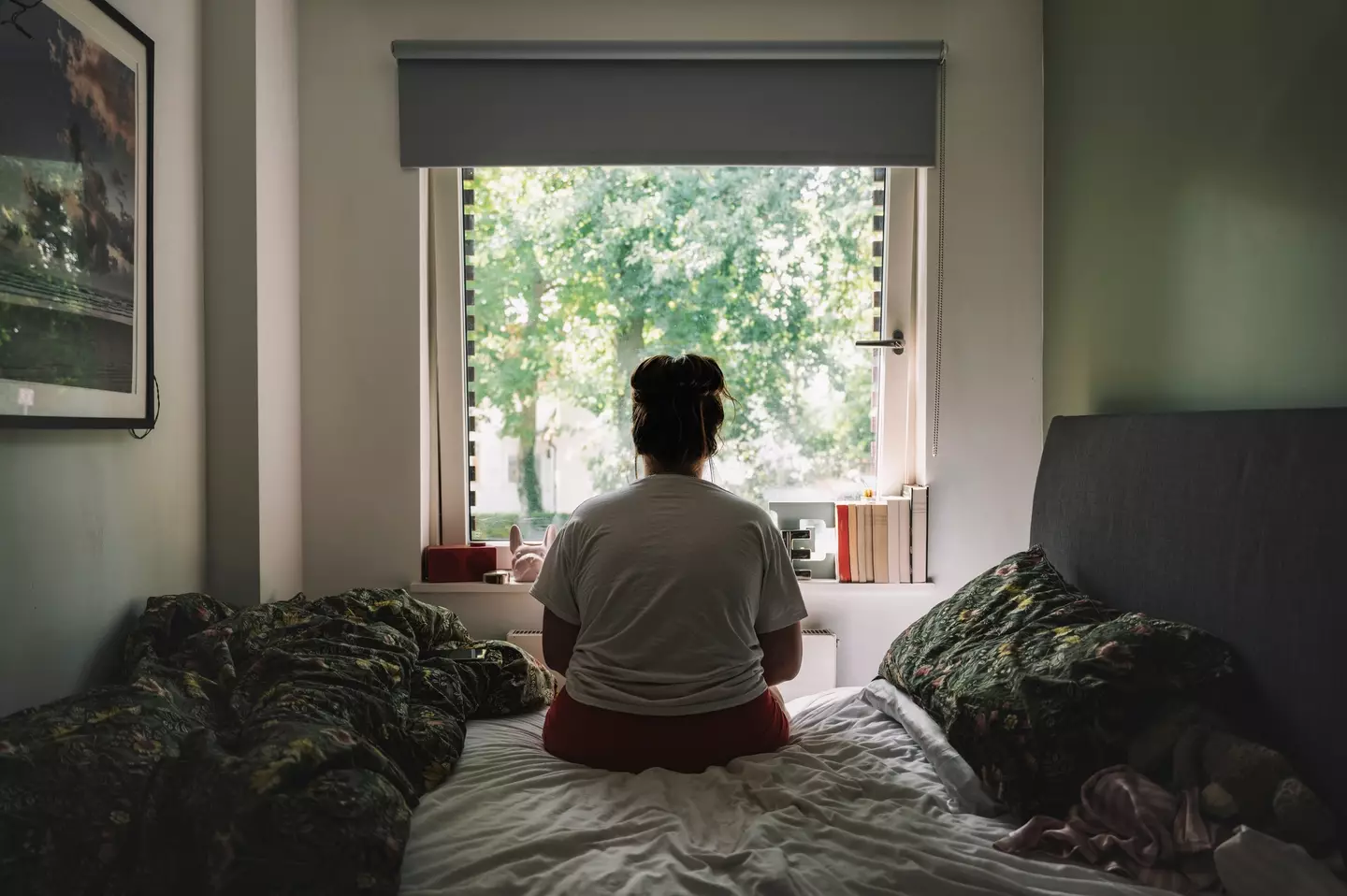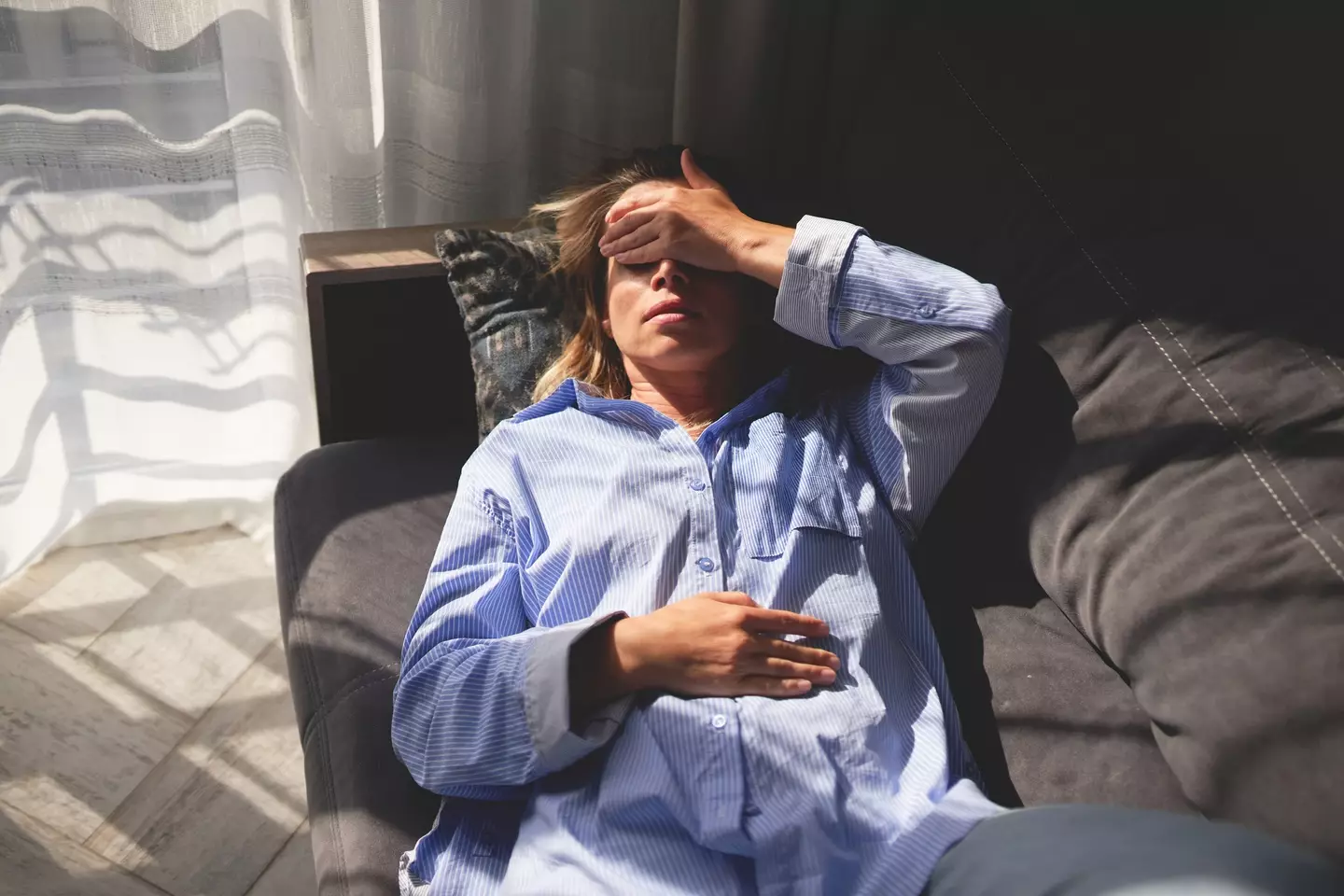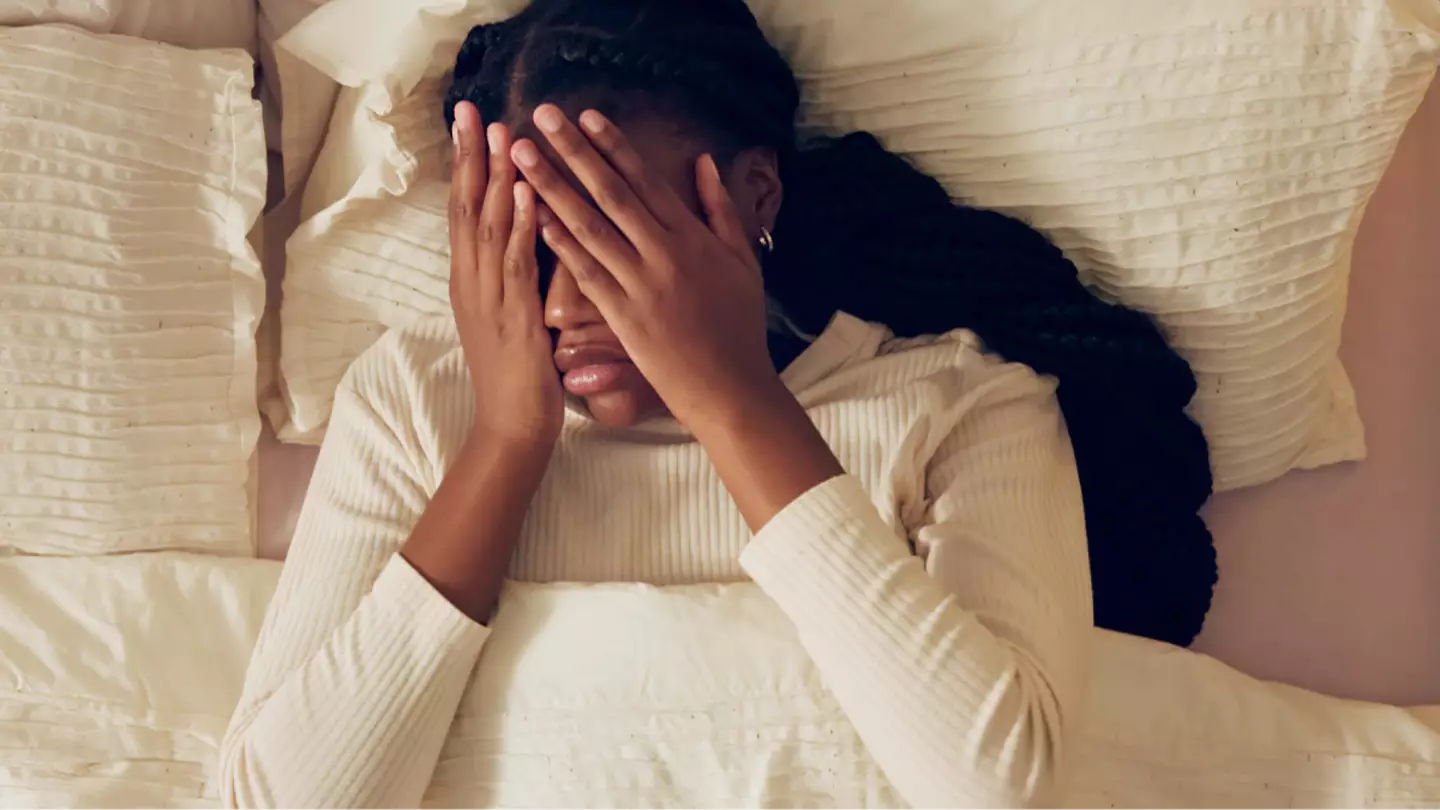A restful night’s sleep is crucial for our well-being, yet many of us struggle to achieve it consistently. Scientists have been studying the effects of sleep deprivation on the body, and the findings are concerning.
While an occasional night of poor sleep is not a major issue, consistent lack of restful sleep can lead to severe health problems. Dr. Sue Peacock, a consultant health psychologist and sleep expert, discussed the drawbacks of getting six hours or less of sleep with the Metro.
If you find yourself frequently operating on minimal sleep and feeling like a zombie throughout the day, it may be time to prioritize rest and aim for an earlier bedtime.
Our immune systems are remarkable at defending against numerous threats, but insufficient sleep can hinder this process.
Dr. Peacock stated, “Research shows that there is a complex link between sleep-wake cycles and our immune systems.”

She explained, “While you sleep, your immune system produces protective, infection-fighting substances such as cytokines. It uses these substances to combat foreign invaders such as bacteria and viruses.”
“These cytokines also help you sleep, giving your immune system more energy to defend your body against illness.”
Without enough sleep, production of these cytokines is reduced, thereby weakening the body’s ability to fight infection.
Dr. Peacock added, “It increases our vulnerability to disease, and it may take you longer to recover from illness.”
Furthermore, a study conducted by the French National Institute in 2023 revealed that sleeping less than six hours can reduce the body’s immune response to vaccines.

The study analyzed data from seven previous studies comparing antibody responses between people who slept seven to nine hours and those who slept less than six. They found that men sleeping less than six hours showed a diminished immune response to vaccinations. For women, the impact varied due to hormonal fluctuations.
Dr. Peacock also pointed out the cyclical relationship between sleep and anxiety.
She explained that lack of sleep can lead to anxiety, while anxiety can further disrupt sleep patterns.
“Unfortunately, one can exacerbate the other. Anxiety can have a negative effect on your body’s ability to fall asleep, as your brain is in ‘fight or flight’ mode, thinking of all the potential outcomes for whatever is causing the anxiety,” she said.
“Furthermore, anticipatory anxiety and specific anxiety about sleep can lead to sleep disturbance and insomnia, which then creates a feedback loop that can make both conditions worsen.”

“It can cause us to have a reduced capacity for remaining positive when faced with emotionally challenging events,” noted Dr. Sue. “You might also feel less able to enjoy positive experiences.”
Dr. Katharina Lederle, a sleep and body clock specialist, highlighted that inadequate sleep can lead to menstrual irregularities.
She noted, “The level of thyroid-stimulating hormone (TSH) increases during sleep deprivation, and in healthy young women in their follicular phase, is associated with a significant increase in TSH level.”
“High levels of TSH causes menstrual irregularities, anovulation (when an egg isn’t released), amenorrhea (when you don’t get periods) and recurrent miscarriages.”
Beyond these concerns, lack of sleep can contribute to weight gain and decreased productivity. Clearly, making sleep a priority might be a wise decision.

